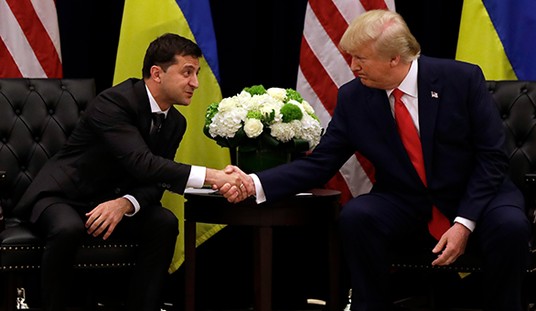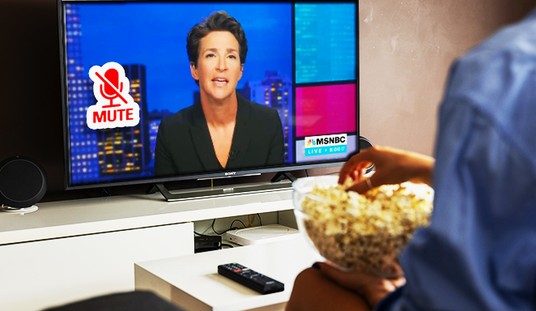We hear the words “freedom” and, to a lesser degree, “liberty” a lot nowadays – and with good reason, as these concepts go to the fundamental root of what it means to be an American.
As we hear these terms however in our political, policy, legal, entertainment, and historical discourse, I began thinking about whether the terms are truly as interchangeable as they have seemingly become nowadays.
“Liberty” seems like an archaic term while “freedom” is much more commonly used modern ideal. However neither the Declaration of Independence nor the Constitution of the United States use the word “freedom,” rather describing our rights in the terms “Blessings of Liberty” and “Life, Liberty, and the pursuit of Happiness.”
According to Webster’s Dictionary, one definition of “liberty” is “the quality or state or being free,” essentially as a synonym of freedom. However the other definitions are more subtle, implying that it is a form or subset of freedom. Essentially, that liberty is freedom within certain bounds.
In contrast, “freedom” is defined by Webster’s Dictionary primarily and simply in terms of the lack of restraint or barriers to action.
Essentially, it seems like “liberty” is a form of “freedom.” Liberty originally carried with it the implication of responsibility and duty, and attachment to a greater whole, whether that be a society or philosophical belief system. In contrast, freedom merely meant the raw ability to act and do as one wills.
Recommended
Though seemingly a heavily etymological and Ivory Tower thought experiment, this distinction between freedom and liberty actually has great implications on our policy and cultural discourse.
For example, let’s look at all the recent cases where restaurants have been refusing service to Trump administration officials and supporters, such as White House Press Secretary Sarah Huckabee Sanders recently. Undoubtedly all would agree that is an exercise of the restaurant owner's rightful political freedom.
However as an exercise of liberty, that becomes more dependent on how one views the moral implications of the situation – for those who found the situation distasteful, the restaurant’s actions could be viewed not as an exercise in liberty due to the lack of moral justification.
As President John Adams said in 1798, “[o]ur Constitution was made only for a moral and religious People. It is wholly inadequate to the government of any other.” Indeed the beliefs of the Founding Fathers were clear – our representative republic relied on their understanding of a liberty-driven citizenry, rather than all merely doing as they could and please.
In our modern discourse we seem to have lost the distinction between mere power to act versus the moral responsibility inherent with action as well. We see it every time someone says to a controversial action “well that is their right to do so,” as if that was the end of the argument.
In my opinion that cultural corruption has been the root of a lot of current social turmoil, as people have lost the belief in the duties of citizenship and their social contract. When people act merely in what is within their power, we lose the distinction between abuses versus a higher and more ideal state of affairs that our very country was founded on.
For much of the 20th century freedom became the primary word and ideal used in our national discourse and international affairs because it was the main alternative to the totalitarian and authoritarian governments that were seemingly spreading in unstoppable fashion across the world.
With liberty as a subset of freedom, it undoubtedly seemed nonsensical to focus on such subtle distinctions when the very existence of human freedom itself was at stake. However in the process it seemed the word “liberty” became lost to time.
The word “liberty” nowadays seems outdated, as if it were pulled from a Shakespearean play. But the ideals it represents remain as essential as ever, particularly amid the decline of those ideals in recent times.
Even if we do not use the word “liberty” much anymore, when we used the word “freedom” nowadays we should think of its multiple components and parts – not just the mere ability to act, but the reflection, restraint, and responsibility that comes with it as well.
Though it will undoubtedly be a long and tough process to such a cultural switch flip, nonetheless it is a push worth trying to make as its societal impact could be surprisingly significant and beneficial.
























Join the conversation as a VIP Member